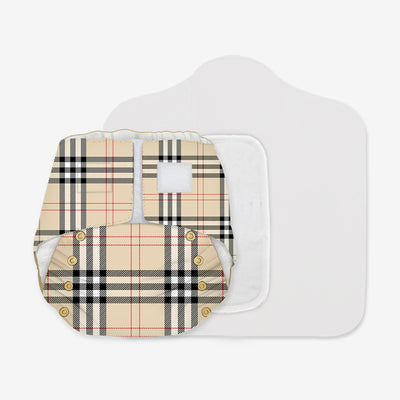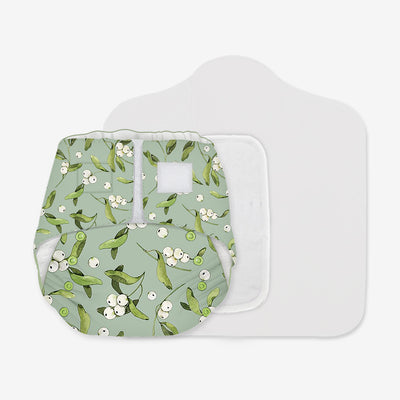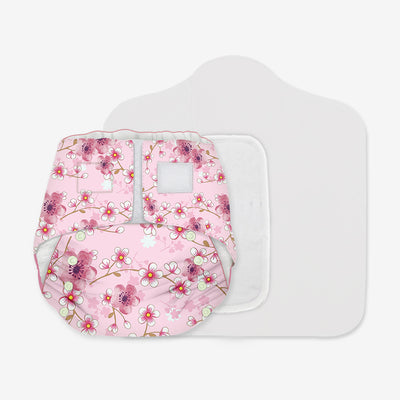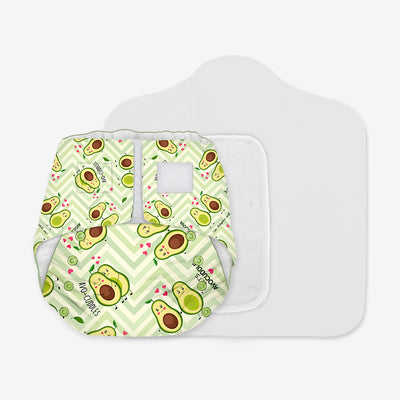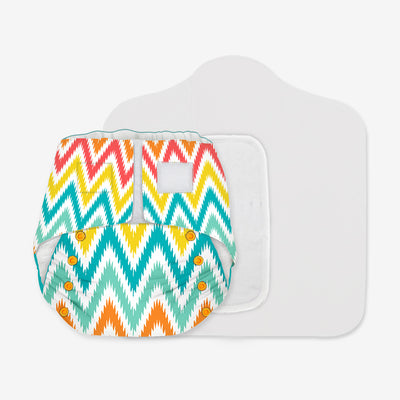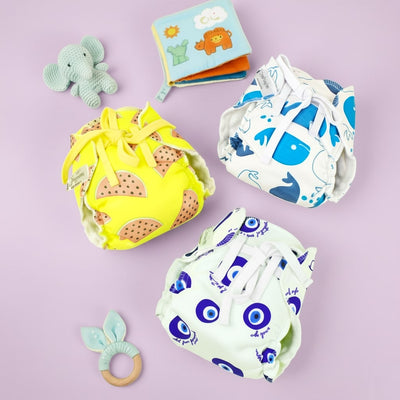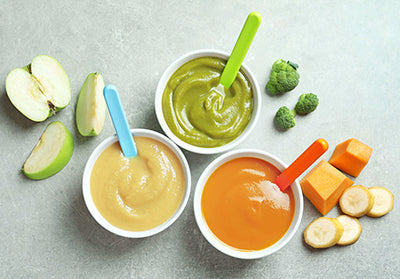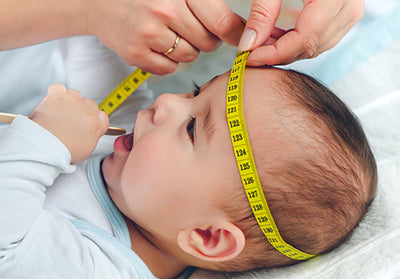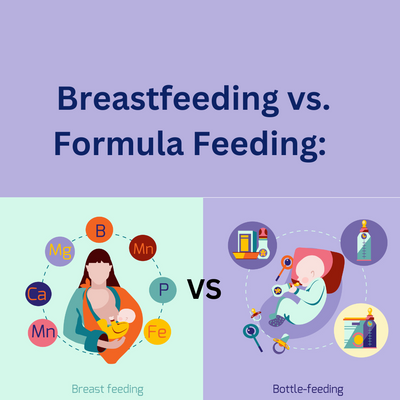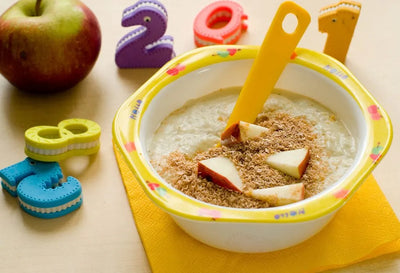10 Fun and Educational Activities for Nursery Class

Are you looking for fun and educational activities that will ignite your child's curiosity? Look no further! In this article, we will explore ten exciting and engaging activities specifically designed for nursery class children. These activities are not only enjoyable but are also educational, helping your child learn and grow while having a great time.
Through these activities, your child will have the opportunity to explore different concepts, develop their problem-solving skills, and enhance their social and emotional intelligence. So, get ready to embark on a journey of fun and discovery with your little one. Let's dive into these ten fun and educational activities for nursery class and watch as your child's curiosity ignites!
The importance of fun and educational activities in nursery class
Engaging children in fun and educational activities during their nursery years is crucial for their overall development. These activities provide a foundation for learning and play a significant role in shaping a child's cognitive, social, emotional, and physical abilities.
During their nursery years, children are like sponges, absorbing information and experiences at an astounding rate. By incorporating fun and educational activities into their daily routine, we can capitalize on their natural curiosity and eagerness to learn.
These activities help children develop essential skills, such as problem-solving, critical thinking, creativity, and communication. They also promote language development, fine and gross motor skills, and the ability to work collaboratively with others. By participating in these activities, children become active learners, gaining a deeper understanding of the world around them.
Engaging children in fun and educational activities in their nursery years not only sets the stage for future academic success but also fosters a love for learning and exploration that will stay with them throughout their lives.
Benefits of igniting curiosity in young children
Igniting curiosity in young children is like opening a door to a world of endless possibilities. When children are curious, they become active participants in their own learning, constantly seeking answers, exploring new ideas, and making connections.
Curiosity is the driving force behind intellectual growth and development. It motivates children to ask questions, seek information, and engage in problem-solving. When children are curious, they are more attentive, focused, and motivated to learn.
By igniting curiosity in young children, we are not only enhancing their cognitive abilities but also nurturing their social and emotional well-being. Curiosity encourages children to take risks, think critically, and develop a growth mindset. It helps them become resilient, adaptable, and open-minded individuals.
Furthermore, curiosity fosters a sense of wonder and awe, helping children develop an appreciation for the world around them. It encourages them to explore, experiment, and discover new things. By nurturing curiosity in young children, we are laying the foundation for a lifelong love of learning.
10 fun and educational activities for nursery class
Activity 1: Sensory play and exploration
Sensory play and exploration are essential for young children's development as it engages their senses and stimulates their brain. Through sensory activities, children can explore various textures, smells, tastes, sounds, and visual stimuli, which promote cognitive, physical, and emotional development.
One popular sensory activity for nursery class children is a sensory bin. Fill a large container with materials such as rice, sand, water beads, or dried beans, and provide your child with tools like scoops, cups, and spoons. They can dig, pour, and sift through the materials, developing their fine motor skills and sensory perception.
Another fun sensory activity is making sensory bottles. Fill clear plastic bottles with water and various items like glitter, small toys, or colorful pom-poms. Secure the lids tightly and let your child shake and observe the contents. This activity helps with visual tracking, hand-eye coordination, and calming sensory input.
Sensory play and exploration are not only entertaining for children but also provide valuable learning experiences. They enhance their sensory processing abilities, promote language development, and improve focus and concentration. So, let your child dive into the world of sensory play and watch as their curiosity and imagination soar!
Activity 2: Storytelling and puppet shows
Storytelling is a magical activity that captivates children's imaginations and nurtures their love for language and literature. It allows children to explore different worlds, characters, and emotions, enhancing their language development and communication skills.
To engage your child in storytelling, choose age-appropriate books with colorful illustrations and interesting characters. Read the stories aloud, using expressive voices and gestures to bring the characters to life. Encourage your child to ask questions, make predictions, and share their thoughts and feelings about the story.
Puppet shows are another exciting way to bring stories to life and encourage imaginative play. You can make simple puppets using socks, paper bags, or felt, and create a mini theater using a cardboard box. Act out the story with your child, letting them take turns being the puppeteer and the audience.
Storytelling and puppet shows not only foster a love for reading and storytelling but also enhance children's listening skills, vocabulary, and comprehension. They encourage creativity, imagination, and empathy, as children step into the shoes of different characters and explore their perspectives. So, let your child's imagination run wild with the power of stories!
Activity 3: Arts and crafts
Arts and crafts are a fantastic way to unleash your child's creativity and foster their fine motor skills. Engaging in art activities allows children to express themselves, explore different materials, and develop their hand-eye coordination.
To get started, set up an art station with various art supplies like crayons, markers, paints, paper, glue, and scissors. Encourage your child to draw, paint, cut, and paste to create their own masterpieces. Provide them with open-ended prompts or let them explore their own ideas and interests.
You can also introduce your child to different art techniques, such as finger painting, collage, or stamping. Experiment with materials like clay, playdough, or recycled materials to create sculptures or 3D artwork. Encourage your child to use their imagination and think outside the box.
Engaging in arts and crafts not only nurtures your child's creativity but also promotes self-expression, problem-solving, and decision-making. It enhances their fine motor skills, hand-eye coordination, and spatial awareness. So, let your child's inner artist shine and watch as their curiosity and creativity flourish!
Activity 4: Music and movement
Music and movement are powerful tools for engaging children's minds and bodies. They promote physical development, coordination, and cognitive skills while providing an outlet for self-expression and creativity.
To introduce your child to music and movement, create a playlist of age-appropriate songs with catchy tunes and simple lyrics. Encourage your child to dance, sing, and move their bodies to the rhythm. You can also provide simple musical instruments like shakers, drums, or bells for them to explore different sounds and rhythms.
Another fun activity is creating a homemade obstacle course or dance routine. Set up pillows, hula hoops, or tunnels in your living room or backyard and let your child navigate through the course. This activity promotes balance, coordination, and spatial awareness while keeping them active and engaged.
Engaging in music and movement activities not only enhances your child's physical coordination but also promotes language development, self-confidence, and social skills. It encourages them to express their emotions, follow instructions, and work collaboratively with others. So, let the rhythm guide your child's curiosity and watch as they dance their way to learning!
Activity 5: Nature walks and outdoor exploration
Nature walks and outdoor exploration provide a treasure trove of learning opportunities for young children. They allow children to connect with the natural world, observe plants and animals, and develop a sense of wonder and curiosity about their surroundings.
Take your child on nature walks in parks, gardens, or even your own backyard. Encourage them to observe and collect items like leaves, rocks, or flowers. You can also provide them with a magnifying glass or binoculars to explore the details of nature up close.
Engage your child in conversations about the things they see, hear, and smell in nature. Encourage them to ask questions, make predictions, and share their observations. This activity promotes language development, critical thinking, and scientific inquiry.
Outdoor exploration also provides opportunities for physical activity, sensory experiences, and risk-taking in a safe and controlled environment. It enhances children's gross motor skills, spatial awareness, and overall physical well-being. So, let your child's curiosity guide them through the wonders of nature!
Activity 6: Science experiments for young learners
Science experiments are not just for older children; even young learners can engage in simple, hands-on experiments to explore scientific concepts. These experiments spark children's curiosity and encourage them to think like scientists, making observations, predictions, and conclusions.
One simple science experiment for nursery class children is the "sink or float" activity. Fill a basin or tub with water and gather various objects like rocks, feathers, toys, and pieces of fruit. Let your child guess whether each object will sink or float and then test their predictions. This activity introduces concepts of buoyancy and density.
Another fun experiment is the "baking soda and vinegar volcano." Mix baking soda and vinegar in a container, and watch as it foams and bubbles over. This activity introduces the concept of chemical reactions and can be visually captivating for young learners.
Engaging in science experiments not only introduces children to scientific concepts but also promotes critical thinking, problem-solving, and observation skills. It encourages them to ask questions, make predictions, and explore cause-and-effect relationships. So, let your child become a little scientist and watch as their curiosity and love for science grows!
Activity 7: Role-playing and dramatic play
Role-playing and dramatic play are excellent activities for young children to explore different roles, scenarios, and emotions. Through pretend play, children develop their social and emotional skills, empathy, and creativity.
Set up a pretend play area with props and costumes, allowing your child to immerse themselves in different roles and storylines. They can pretend to be doctors, teachers, chefs, or even superheroes. Encourage them to use their imagination, engage in dialogue, and solve problems in their play scenarios.
You can also provide them with open-ended materials like blocks, dolls, or stuffed animals to create their own play scenarios. This activity promotes creativity, problem-solving, and language development as children narrate their stories and interact with their imaginary characters.
Engaging in role-playing and dramatic play not only sparks your child's imagination but also promotes social skills, emotional intelligence, and self-regulation. It encourages them to understand different perspectives, practice empathy, and collaborate with others. So, let your child's imagination take center stage and watch as their curiosity and creativity come to life!
Activity 8: Building and construction activities
Building and construction activities are fantastic for young children to develop their fine motor skills, spatial awareness, and creativity. These activities allow children to explore concepts like balance, stability, and problem-solving while building structures with various materials.
Provide your child with building blocks, LEGO bricks, or other construction materials and let them build towers, houses, or anything their imagination desires. Encourage them to experiment with different structures, sizes, and patterns. You can also join in the fun and build together, fostering collaboration and teamwork.
Another fun building activity is creating structures with recycled materials like cardboard boxes, paper tubes, or plastic containers. Let your child's imagination run wild as they transform these materials into castles, spaceships, or robots. This activity encourages resourcefulness and creativity.
Engaging in building and construction activities not only enhances your child's fine motor skills but also promotes problem-solving, spatial reasoning, and perseverance. It encourages them to think critically, plan, and adapt their designs. So, let your child's engineering skills shine and watch as their curiosity and creativity build new heights!
Activity 9: Cooking and baking experiences
Cooking and baking experiences provide a wealth of learning opportunities for young children. These activities not only teach them about nutrition, measurements, and following instructions but also enhance their fine motor skills, sensory perception, and creativity.
Choose simple recipes that your child can participate in, such as mixing ingredients, stirring, or decorating. Let them explore different textures, smells, and tastes as they engage in the cooking process. You can also involve them in meal planning, grocery shopping, and setting the table, fostering their sense of responsibility and independence.
Cooking and baking experiences also provide opportunities for language development, mathematical concepts, and science exploration. They encourage children to follow step-by-step instructions, measure ingredients, and observe changes during the cooking process. So, let your child don their little chef hat and watch as their curiosity and culinary skills flourish!
Activity 10: Games and puzzles for cognitive development
Games and puzzles are excellent activities for young children to develop their cognitive skills, problem-solving abilities, and critical thinking. They provide opportunities for learning while having fun and engaging in friendly competition.
Choose age-appropriate games and puzzles that align with your child's interests and abilities. Board games like Snakes and Ladders, Memory, or Candyland can teach children about counting, taking turns, and following rules. Jigsaw puzzles promote spatial awareness, visual perception, and problem-solving.
Engaging in games and puzzles not only enhances your child's cognitive abilities but also promotes social skills, patience, and resilience. They encourage children to strategize, think critically, and use their problem-solving skills. So, let the games begin and watch as your child's curiosity and cognitive abilities soar!
Engaging children in fun and educational activities during their nursery years is crucial for their overall development. These activities provide a foundation for learning, ignite their curiosity, and foster a love for exploration and discovery.
Conclusion: Fostering a love for learning in nursery class
By incorporating activities like sensory play, storytelling, arts and crafts, music and movement, nature walks, science experiments, role-playing, building and construction, cooking and baking, and games and puzzles, we can create a stimulating environment for young children to learn and grow.
These activities promote cognitive, social, emotional, and physical development while providing valuable learning experiences. They encourage children to ask questions, make observations, think critically, and collaborate with others.
So, let's embark on this journey of fun and educational activities for nursery class children, igniting their curiosity and nurturing a

